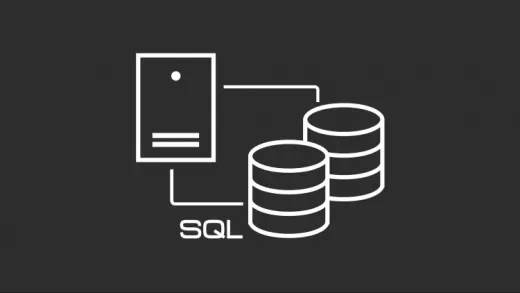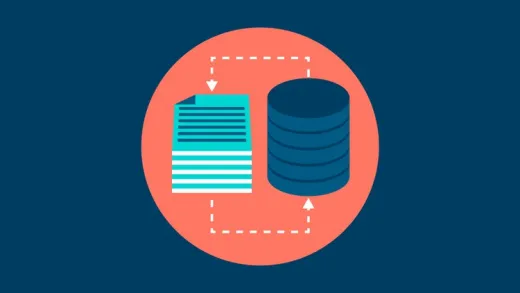Brief Summary
This course teaches you how to define the scope of a project easily and effectively, focusing on preventing scope creep. You'll learn straightforward techniques to set clear project boundaries without diving into heavy analysis, making life easier for everyone involved.
Key Points
-
Defining project scope is crucial for success.
-
Scope creep can derail projects; it’s when the task list expands uncontrollably.
-
A clear scope helps prevent arguments and confusion among project teams.
-
You can define scope without complex analysis.
-
Workshops can be run effectively to nail down project boundaries.
Learning Outcomes
-
Understand how to define project scope simply.
-
Identify and mitigate scope creep.
-
Run effective workshops to achieve agreement from stakeholders.
-
Use existing knowledge to define project boundaries.
-
Improve project management communication and clarity.
About This Course
“A clear scope makes for a sound project.” This course shows you how to define scope without performing the analysis.
I have seen the start of a lot of projects! Everyone wants to get a project off to a good start, but Analysis and Requirements projects are notoriously difficult to define. This course teaches a technique I have used to define the boundaries of all sorts of things. I've used it as an individual, with a team and with larger groups. I have found it useful. I think you will too.
You will have heard Project Managers complain about “Scope Creep”, Scope creep is when the “To-Do list” keeps growing, especially when it grows faster than we are completing the tasks. Projects work better when: we know what we need to achieve, the scope is fixed, we are not being given extra things to do and the Project Manager and team are not constantly having argue against “things being added”. A clear project scope is one way of combating scope creep.
An analysis project may not start with clear boundaries. If “A clear scope makes for a sound project”, how do we define that scope without performing the analysis? This course shows you how to do just that!
By the end of the course, you will have learned how to run a workshop to define the scope of an Analysis project.
You will learn how to define scope, based on things you know already
You will learn how to use this technique to obtain agreement from the project stakeholders






Ben H.
I like that the instructor asks for and encourages a lot of participation from the students. The ideas presented seem to be solid ideas which have been tried and tested in real world scenarios. I get the sense that there is a great deal of experience that is being drawn from when explaining the material.
My complaint is that I still have too many questions after completing the course. Now that I'm done with the course I'm still wondering what to do regarding how to set the scope for a successful project. I would also like to see that the instructor speaks to the information being displayed in the slides. In many cases there are bullet points displayed which have no mention in the spoken part of the lecture.